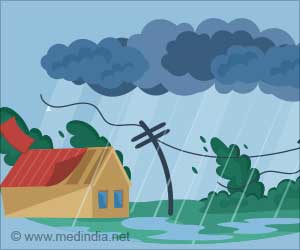A new research says that soils soak up carbon in drought-perennial pastures and reduce greenhouse emissions .
A new research has determined that drought-perennial pastures can help to reduce greenhouse emissions by helping soils to soak up carbon.
Tim Wiley, a pastures agronomist from Western Australia's Department of Agriculture and Food, has carried out the research, according to a report in ABC News.Wiley said that early findings from a trial of perennial pastures are "exciting".
Trials of deep-rooted perennial sub-tropical grasses, such as Rhodes grass, on poor sandy soils in Western Australia show they can sequester much more carbon than traditional annual pastures.
According to Wiley, results from a trial, which ran for more than three years on a farm in Lancelin, show Rhodes grass can capture and sequester nearly 7 tonnes per hectare of CO2 equivalents (Units the Kyoto Protocol uses to measure greenhouse gases) per year more than traditional pasture.
"They appear to have an exceptional ability to build up carbon in the soil," Wiley said of the naturally drought-tolerant pastures.
Wiley suspects that the deep-rooted perennials are supporting a healthy crop of mycorrhiza, fungi living symbiotically on plant roots.
Advertisement
If these early findings are confirmed and the perennial pastures are grown on all suitable farmland in Western Australia, they could offset the state's entire annual greenhouse emissions.
Because the results are supported by data from farmers elsewhere in the area and trials across the country in Queensland, it suggests that the perennial pastures could have a similar effect in areas with very different rainfall and soils.
Source-ANI
SPH/M






